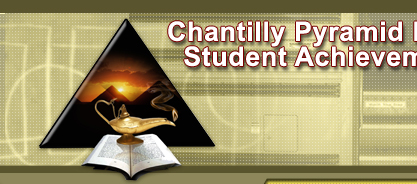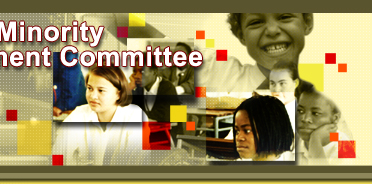



 |  |
 |
 |
| About Us: CPMSAC was founded in 1984 by Shirley O. Nelson to provide a means of improving the academic aspirations of minority students. Meetings were held at the Chantilly Baptist Church and the church remains a strong supporter of CPMSAC, which addressed a number of issues — including academic achievement, racism, equal opportunity, diversity and understaffed minority teachers and administrators — within the Fairfax County Public Schools. Today, CPMSAC’s mission is to “Support, Motivate, Recognize and to foster overall improvement of minority students achievement in Fairfax County Public Schools.” While CPMSAC’s primary mission is to help close the achievement gap between two groups of minority students (African Americans and Hispanics), we offer some programs for all students. Fairfax County Public Schools has documented that “the gap” exists between African Americans and white students, and Hispanics and white students. The FCPS has defined and implemented a plan which can be viewed at this Web address: http://www.fcps.edu/is/cag. CPMSAC's Guiding Principles CPMSAC believes that the key to significant academic improvement depends on families, schools and communities working with children and with each other to promote successful students.
Motivating students requires encouragement, vision and recognition. CPMSAC's Goals and Objectives
|